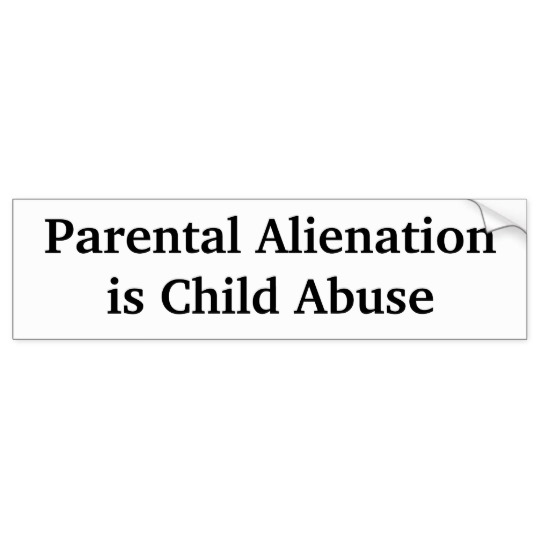Parental Alienation: When One Parent Tries to Turn the Children Against the Other

Child custody cases often involve strong and possibly contentious feelings on the part of the parents. Whether they are an unmarried couple or in the process of getting a divorce, their relationship and the communications between them can end up becoming quite hostile and negative. However, they are required to cooperate with one another to some degree for the sake of their children. If one of the parents continually bad-mouths the other or takes actions designed to paint the other parent in a bad light to the child, it could negatively impact that parent’s case and may jeopardize his or her rights in child custody proceedings.
What is Parental Alienation?
When involved in joint parenting plans or other type of arrangements with your child’s other parent, it is important to acknowledge that even though your relationship did not work out, your ex may still be capable of being a loving, responsible parent. Even when he or she falls short of this goal, it is important not to do or say things that could put a wedge in the relationship between the parent and the child. This is known as parental alienation. In addition to being potentially harmful to your child’s well-being, it could jeopardize your own rights as a parent and could result in your loss of custody.
According to Psychology Today, parental alienation syndrome is a term coined in the 1970s to describe when one parent actively tries to turn a child against the other. It may involve making deprecating comments, overindulging the child, not enforcing rules, or telling the child the other person is responsible for why the family is no longer together. People who engage in this type of behavior are often motivated by the following:
- They are jealous of the other parent and their relationship with the child;
- They are acting out in spite or vindictiveness over the failure of the relationship;
- They are using it as a means of increasing their own role in the child’s life and possibly gaining the upper hand in custody proceedings;
- They are resentful that the other parent is moving on with his or her life or has entered a new relationship.
How Parental Alienation Impacts Your Child Custody Rights
Under Section 9:2-4 of the New Jersey Statutes, it is the general policy of the court to encourage frequent and ongoing contact between the child and both parents in custody cases. However, the court also recognizes that this requires cooperation on the part of both people to act in the child’s best interests, particularly when it comes to making arrangements regarding their care and in complying with the terms of any orders issued in the case.
Engaging in behavior geared toward parental alienation can have serious negative impacts on the child’s emotional health and wellbeing. As a result, if there is evidence that this type of behavior is occurring, the court may take action. The parent who is the victim in the case may file for a child custody modification, citing the other parent’s actions as a reason to change the order and reduce the amount of time he or she spends with the child.
Reach Out to Our Milltown Child Custody Attorney
When you have concerns about custody arrangements that impact your child’s well-being and safety, the Law Office Of Jordan B. Rickards is here to act as a strong legal advocate on your behalf. To request a consultation regarding your situation and the options available to you, call or contact our New Jersey family law attorney online today.
